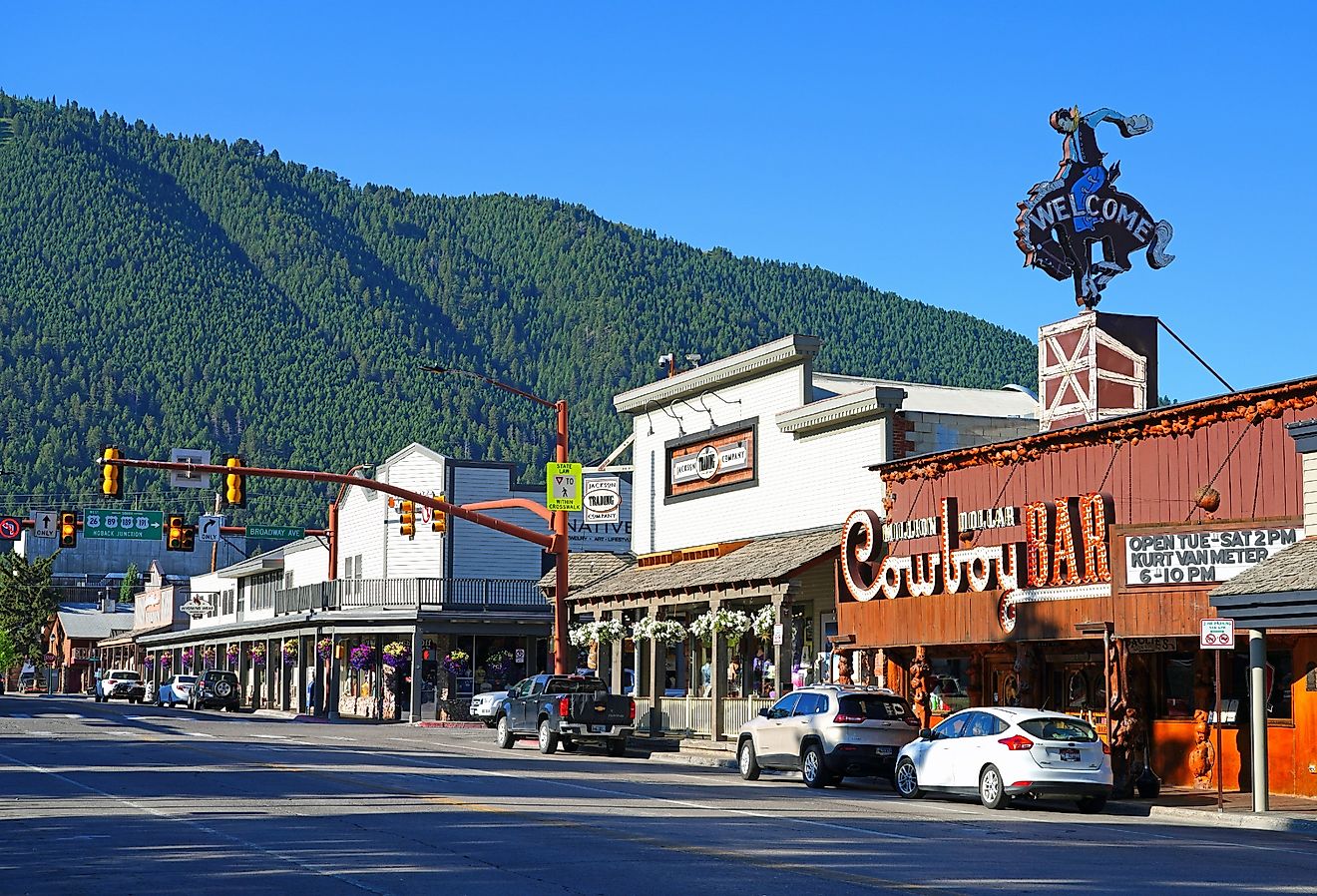
6 Old-Timey General Stores In Wisconsin
Rolling hills, dairy farms, and football Wisconsin fit nicely into the American Midwest. It is a state rich in history, and one of the best ways to experience its charm is by stepping into its old-timey general stores. These nostalgic gems offer more than just a glimpse into the past—they’re living pieces of history that transport visitors to a simpler time.
From the wooden floors and creaky doors to the shelves stocked with locally made goods and vintage finds, these stores capture the spirit of small-town life in Wisconsin. History buffs, lovers of unique items, and just people seeking a more authentic shopping experience should stop by these old-timey general stores in Wisconsin.
Biederstaedt Grocery
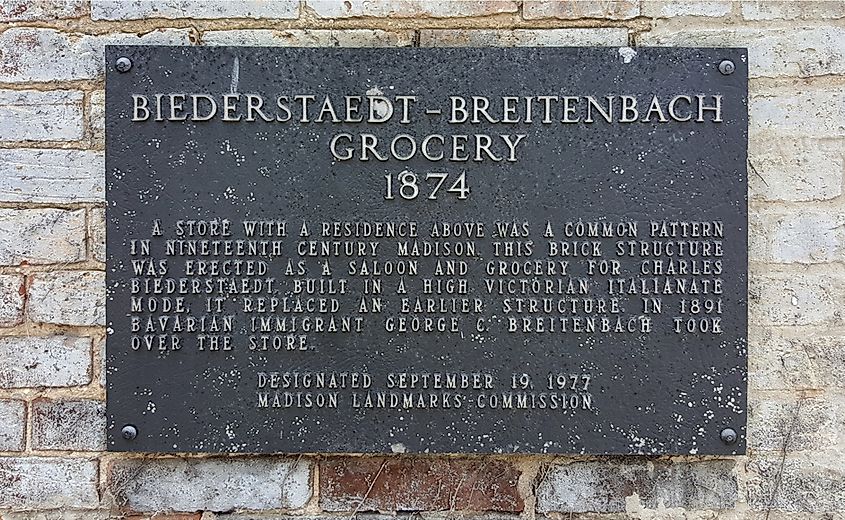
The Breitenbach Grocery is a store built in the high Victorian Italianate style, located in Madison, Wisconsin, in Dane County. In 1891, Bavarian immigrant George C. Breitenbach took over the store. As was usual in those days, the grocery store also sold dry goods, feed, china, and glassware. It also had a popular candy counter, which the family ran the storefront.
Of the several corner grocery store buildings remaining, the Biederstadt-Breitenbach Grocery is the best and most intact example. The building now serves as a specialty store, with a ghost sign for King Midas Flour still on the side. The aged store was designated a landmark by the Madison Landmarks Commission in 1977.
The Vorous General Store
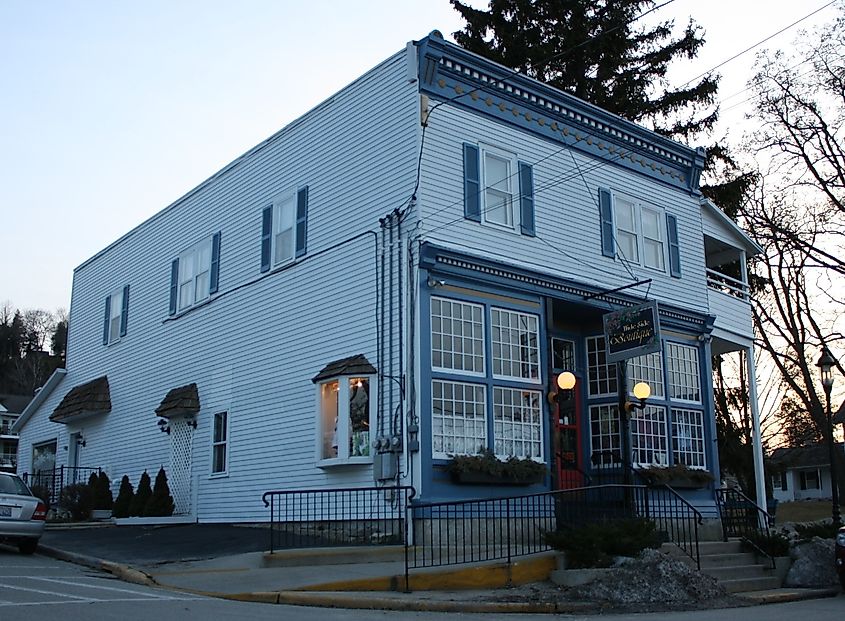
The Vorous General Store is a historic general store in Fish Creek, Wisconsin. Levi Vorous built the store in 1895; it was the third store to open in Fish Creek. The commercial Italianate building features a metal cornice with corner brackets and dentils as well as decorative cast iron fixtures, including a beam separating the building's two stories.
The store remained in the Vorous family until 1920. In 1932, the store became Fish Creek's post office, a function which it retained until 1959; Seiler served as the first postmaster. The store was added to the National Register of Historic Places in 1997. Currently, the building continues to operate as a general store for residents and visitors.
Historic Hoff Mall
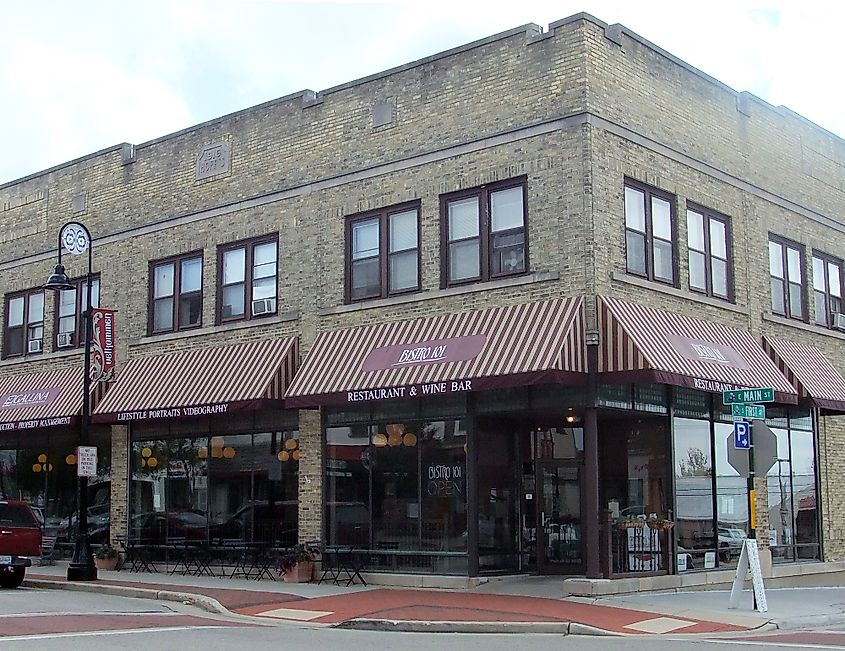
The Hoff Building, listed on the National Historic Registry, holds a special place in the history of Mount Horeb. Originally purchased by Andrew Hoff in 1887, the store was the first business in early Mount Horeb. The original building no longer stands, the village’s general store.
The historic building has been repurposed into the current Hoff Mall, a vibrant retail destination in downtown Mount Horeb. The Hoff Mall once housed the village’s general store but is now remodeled for modern use. The Hoff Mall has an eclectic mix of shops and services. Tourists can explore a unique marketplace, enjoy a visit to a salon, browse bridal gowns, get custom screen printing and embroidery done, and sample delicious wine and food.
Haese General Merchandise Store
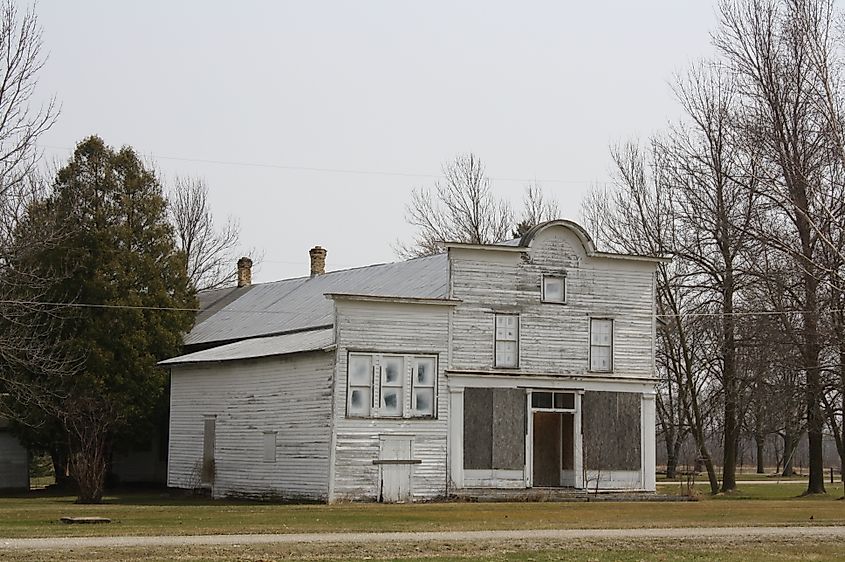
The Haese General Merchandise Store, now a museum, was originally built by a local carpenter for John Otto. Over time, the building was expanded under its subsequent owner, F.G. Haese. In 1893, with the rise of automobiles, Haese opened a filling station. Still, the automobile ultimately contributed to his decline, as increased mobility led customers to shop in larger cities like Appleton.
Today, the Haese store is part of a complex that reflects both Haese’s business ventures and family life. Attached to the store is an annex with a shorter profile, while adjacent buildings include the frame shed that once served as the filling station, as well as a milk house, summer kitchen, carriage house, granary, smokehouse, and outhouse. The site gives visitors a unique glimpse into the commercial history of the evolution of small-town businesses in Wisconsin.
Lauerman Brothers Department Store
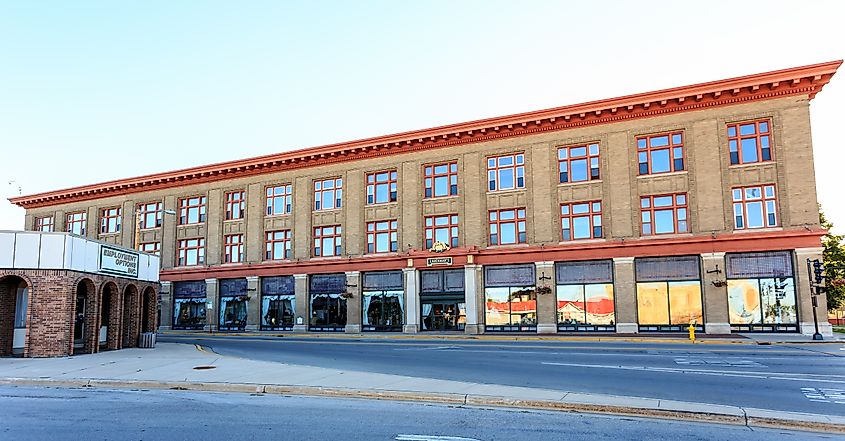
The famous Lauerman Brothers Department Store was first established in Marinette, Wisconsin, in 1890 as a general store by the Lauerman brothers. The business flourished, and soon, the brothers relocated to a grand department store on Dunlap Square in the heart of the town.
For almost a century, the Lauerman shop was an essential component of the Marinette community because of its commitment to delivering many goods and first-rate customer service. The store has a lovely vintage appearance with an unadorned entablature that frames the street-level windows and is supported by brick pilasters in the building's design. Now, the building remains a registered historic site, symbolizing the region’s dedication to honoring its commercial history.
Tester and Polin General Merchandise Store
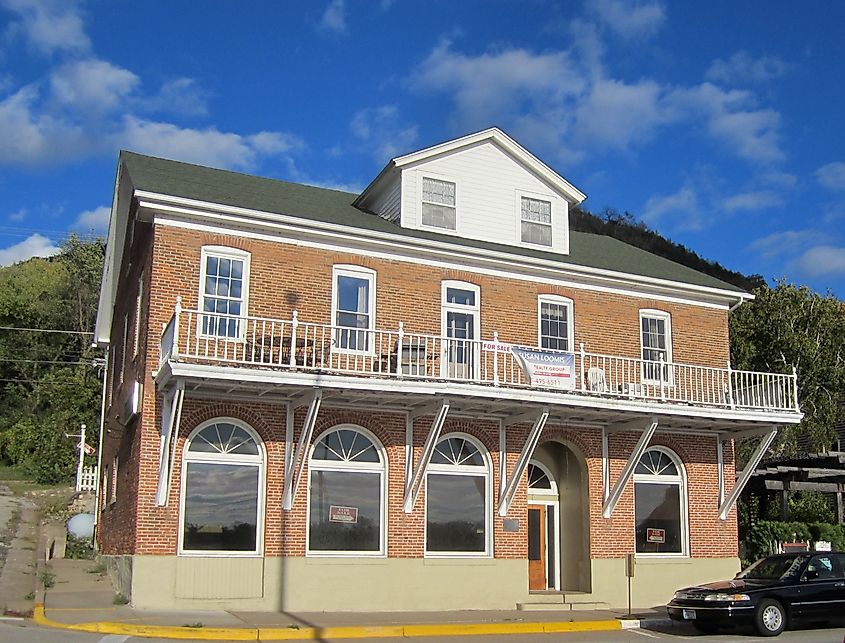
The Tester & Polin General Merchandise Store holds significant historical value for Alma residents and was listed on the National Register of Historic Places in 1979 and the State Register of Historic Places in 1989. The building hosted two mercantile firms that catered to the town's business interests and the neighboring river in the years following Alma's settlement. The store was vital to the local economy, as farmers traded locally farmed produce and grain for miscellaneous goods.
Although the building's design has changed over time, it nevertheless maintains its fundamental integrity. It was constructed swiftly, anticipating the town's expansion, and is described to be more practical than aesthetically pleasing. From the beginning of the century, the building has served various purposes, including as a post office, city library, dentist’s office, restaurant, antique shop, and retail store. The owners now use six of the second-floor rooms as their residence in addition to housing an art gallery, frame and antique store, and artist's studio.
In today’s world of online shopping, Wisconsin’s old-fashioned general stores serve as living reminders of a time when shopping was more personal and community-focused. These historic stores, some of which have been in continuous operation for over a century, grant visitors and locals much more than just a place to buy goods—they provide visitors with a leisurely experience that transports them back to a simpler, slower-paced way of life.
From their rustic exteriors and wooden floors to their carefully curated selection of locally made products, these stores are a testament to Wisconsin's rich cultural heritage and the enduring value of small-town commerce. While traveling through Wisconsin, make sure to stop by these well-known general stores to support these small businesses.







